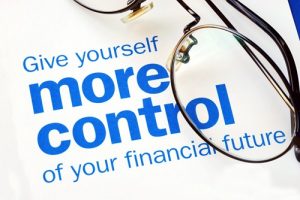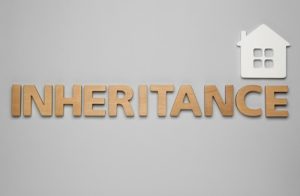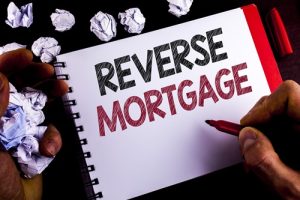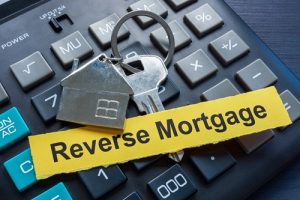
Retirement should be a time to relax and enjoy life. However, financial uncertainty can make that difficult, especially when living costs continue to rise. If you’re concerned about stretching your savings or maintaining your current lifestyle, a reverse mortgage might be a solution worth exploring.
A reverse mortgage allows homeowners in Charleston SC aged 62 and older to access a portion of their home’s equity. And, they don’t have to sell their property. Instead of making monthly payments, you receive payments from your lender, providing extra financial flexibility. Whether you need additional income, want to pay off debt, or plan for future expenses, this option can help secure your financial future.
Why a Reverse Mortgage Is a Smart Choice for Retirees
As you transition into retirement, managing your finances becomes more important than ever. Younger individuals who have time to recover from market downturns. But, retirees must focus on preserving their assets while covering daily expenses.
Read More How a Reverse Mortgage Can Strengthen Your Financial Future









